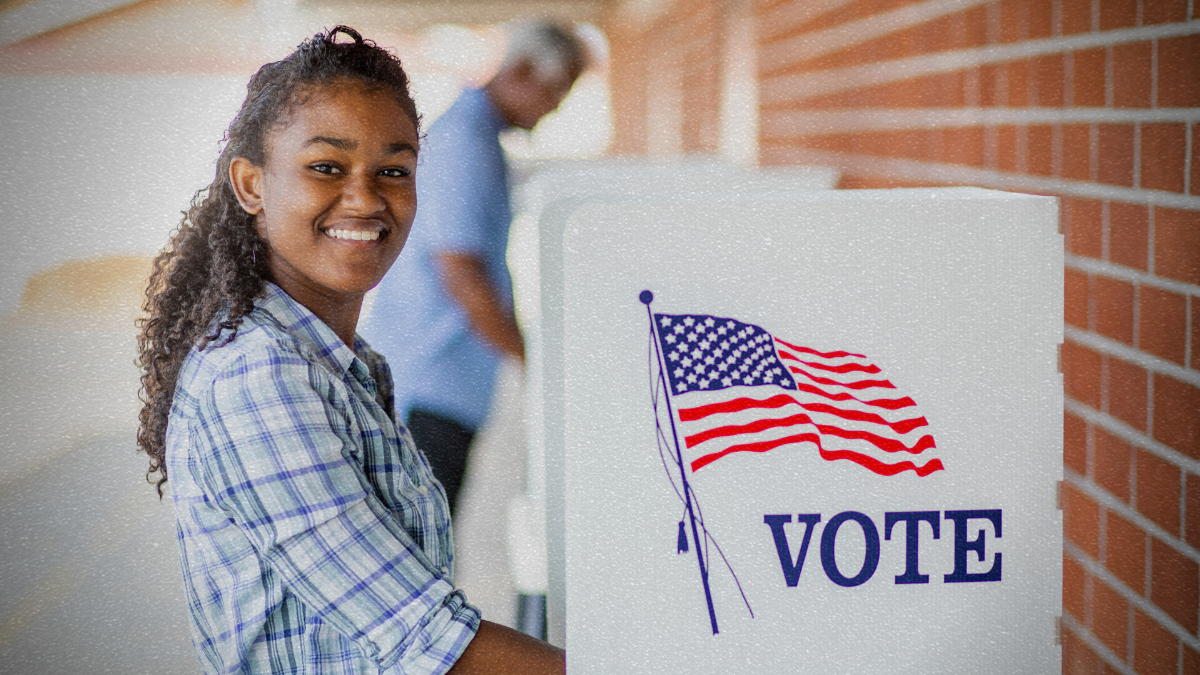Source: Public News Service
Many political experts predicted a red wave throughout the 2022 midterm election cycle, however, youth voters delivered for democracy; blocking numerous Republicans wins.
Before the 2024 election season comes, The League of Women Voters in North Carolina are hoping to tap into young North Carolinians and repeat the record-breaking turnout rate from the year prior.
“Every vote counts, and that we can overcome gerrymandering by getting people registered and getting them to the polls,” Jennifer Rubin, president of the League of Women Voters of North Carolina, told Public News Service. “That’s really the only tool we have at our disposal right now to make those changes.”
According to research from the Center for Information and Research on Civic Learning and Engagement at Tufts University, more than 30 percent of young voters between the ages 18 and 29 are estimated to have voted in the 2022 midterm elections; marking the second-highest youth turnout in three decades.
An Edison Research National Election Pool poll found that nationally, youth voters leaned heavily Democratic during the midterms elections, with 63% voting for Democrats and 35% for Republicans.
For North Carolina, young North Carolinians make up the largest, most racially diverse group of potential voters in the state. However, unlike national trends, North Carolina millennial and Gen Z voters have the lowest voter turnout of any generation.
“If you get these two generations, Millennials and Gen Z, to at least punch up to their political weight, there would be, I think, a very distinct, political shift in the state,” Michael Bitzer, a professor of politics and history at Catawba College, told Carolina Public Press.
Rubin told PNS that disinformation about politics contributed to the low turnout of youth voters, which can discourage young people from getting involved.
To ensure everyone has a say in the upcoming elections, The League of Women Voters is holding educational initiatives and community events around the state. The goal is to increase the number of young voters who register and update voters on new state laws affecting people at the ballot box; making voting less intimidating for many.
For, voter information, check out the official website of the North Carolina State Board of Elections or vote411.org





